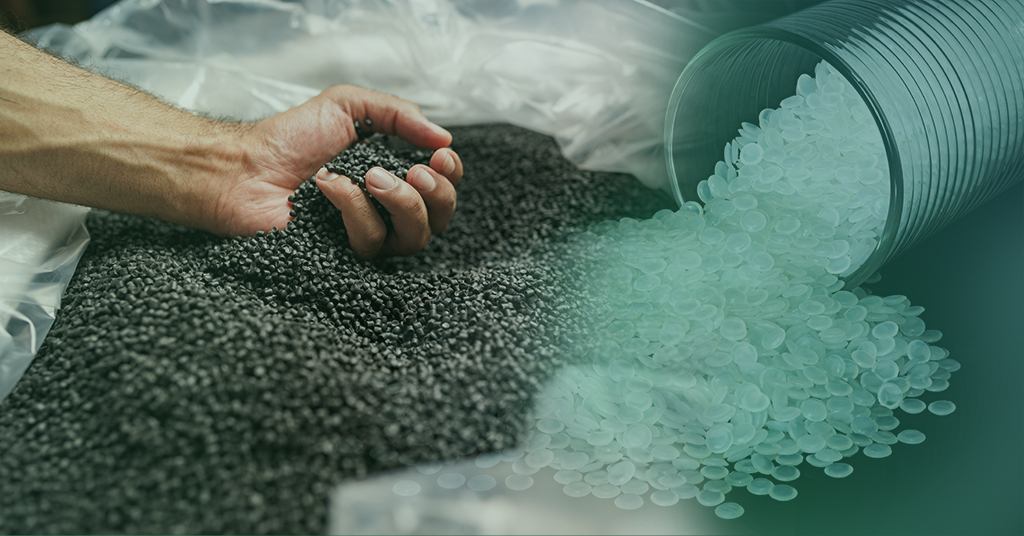Welcome To ChemAnalyst

As the year progresses, Russia anticipates a potential surge in masterbatch production, with projections suggesting a volume of around 108 thousand tons by the end of 2023. This estimation reflects a notable increase of 6%, continuing the positive trajectory observed in the sector.
Masterbatches play a pivotal role in enhancing plastics by serving as concentrates of pigments, dyes, and other active substances. These additives contribute to imparting specific properties or colors to plastics. In Russia, several companies are actively involved in masterbatch production. However, it's noteworthy that Russian masterbatch manufacturers currently rely on foreign sources for pigments.
The trend of establishing new masterbatch production facilities in Russia persists. A case in point is the Aleko group of companies, which initiated the production of chalk additives and white masterbatches in December 2022. This facility, located in the Rostov region, boasts an annual production capacity of 25 thousand tons.
Despite a surplus in the market, domestic polymer and polymer product manufacturers in Russia continue to heavily utilize imported masterbatches. Dmitry Zaitsev observed a substantial volume of imported masterbatch usage, albeit noting a gradual decline in imports. Over the period from 2019 to 2022, the share of imported masterbatches in the Russian market decreased from 37% to 30%. A notable shift occurred in 2022 and 2023, as European and American manufacturers withdrew from the Russian market, making way for Asian companies.
In 2021, significant masterbatch imports to Russia were sourced primarily from Spain (29%), Ecuador (20%), Austria (11%), Italy (10%), and Belgium (9%). However, by 2023, the landscape had evolved, with China emerging as a dominant contributor, accounting for 32% of imports. Singapore followed closely with 28%, while Turkey and India contributed 17% and 8%, respectively.
The dynamics in masterbatch imports reflect a changing global landscape, with the market witnessing a shift in major contributors. The adoption of masterbatches from diverse sources indicates a strategic approach by Russian manufacturers to secure the best quality and cost-effective solutions for their polymer and plastic production needs.
Russia's masterbatch sector is undergoing dynamic changes, marked by a forecasted increase in production and notable shifts in the sources of imports. The expansion of domestic production capabilities, as exemplified by the Aleko group, underscores the industry's efforts to achieve self-sufficiency and reduce dependence on foreign supplies. As the sector navigates these changes, the strategic positioning of market players and the evolution of import structures will continue to shape the trajectory of Russia's masterbatch industry.
We use cookies to deliver the best possible experience on our website. To learn more, visit our Privacy Policy. By continuing to use this site or by closing this box, you consent to our use of cookies. More info.
